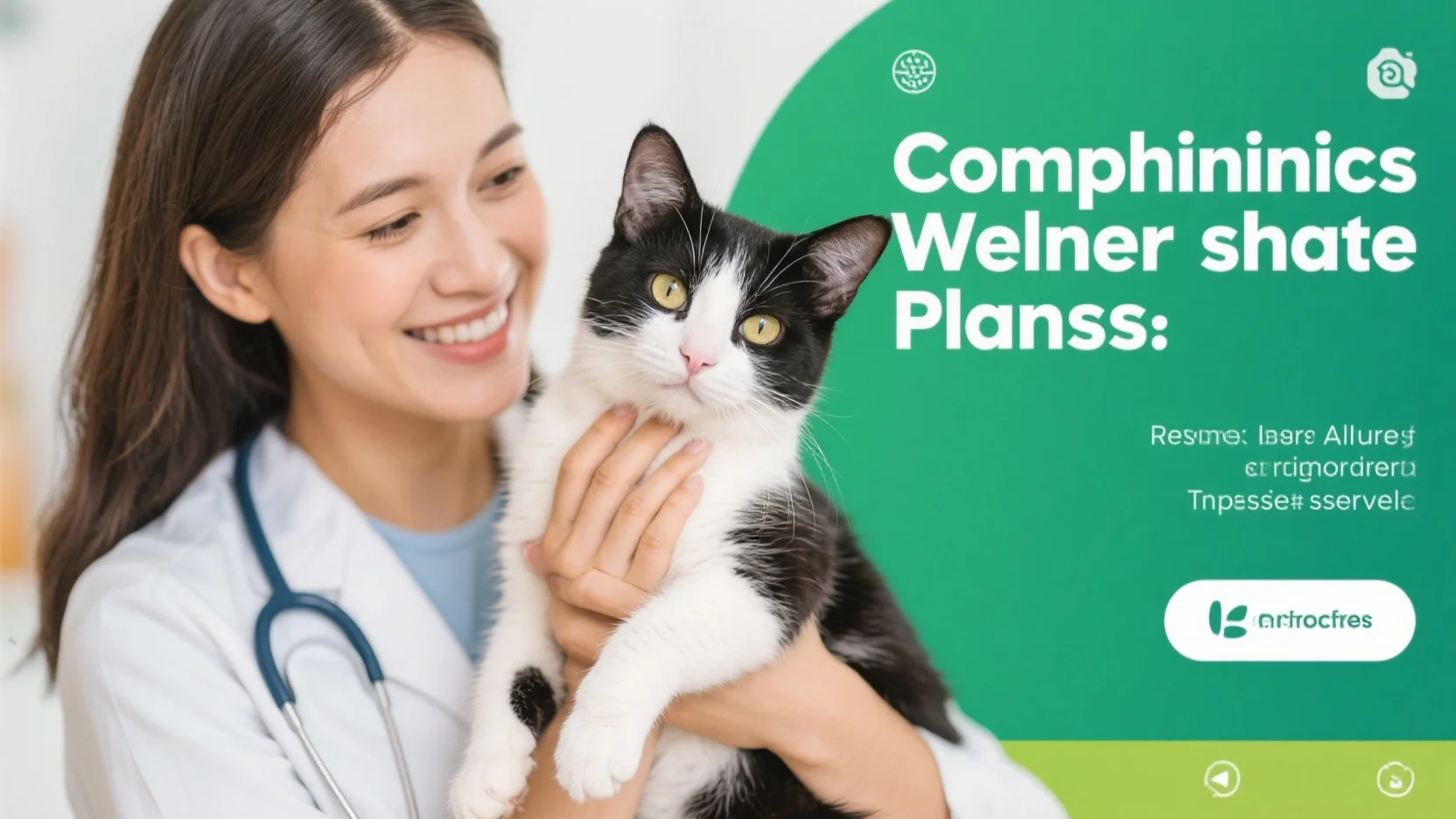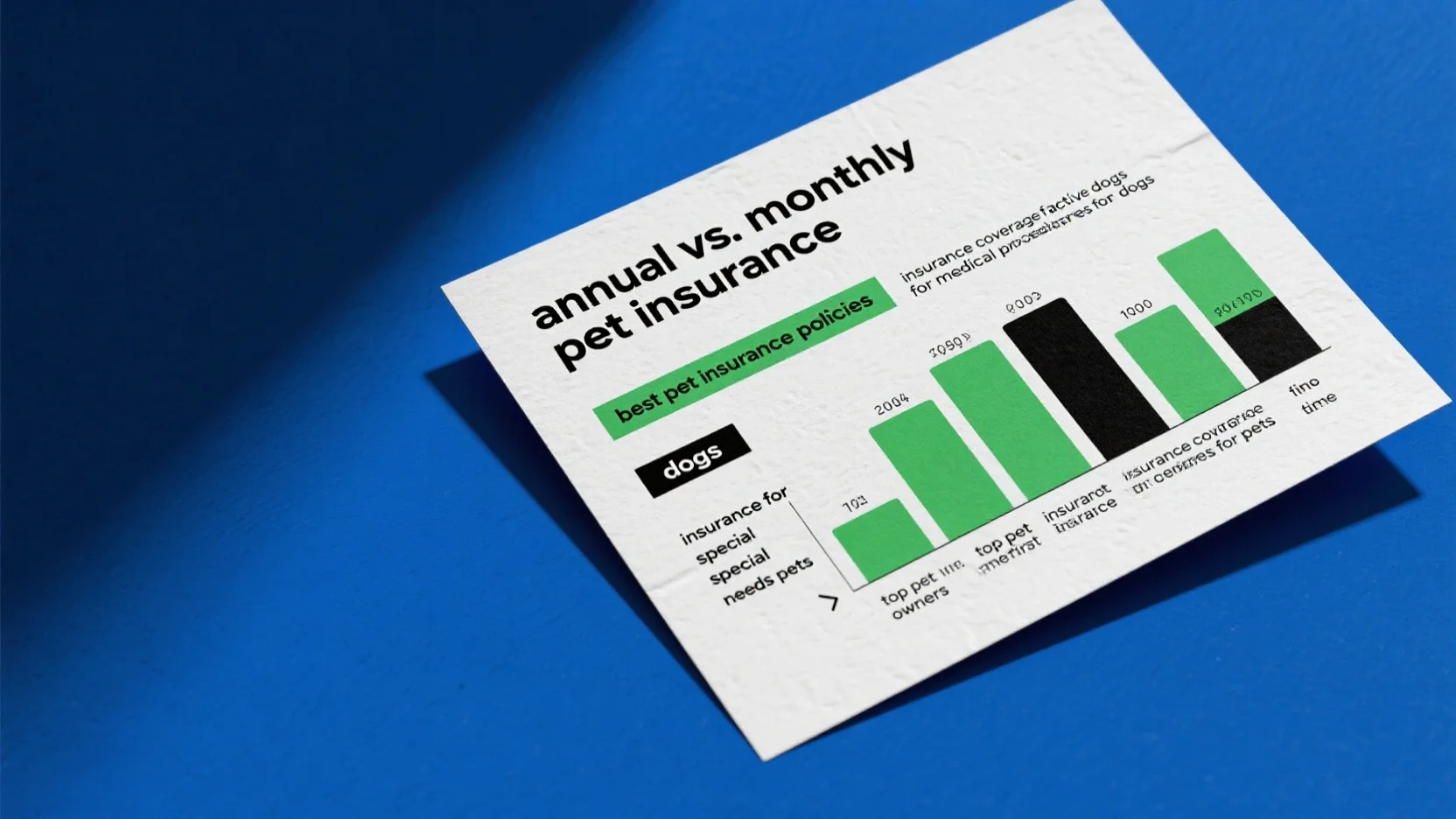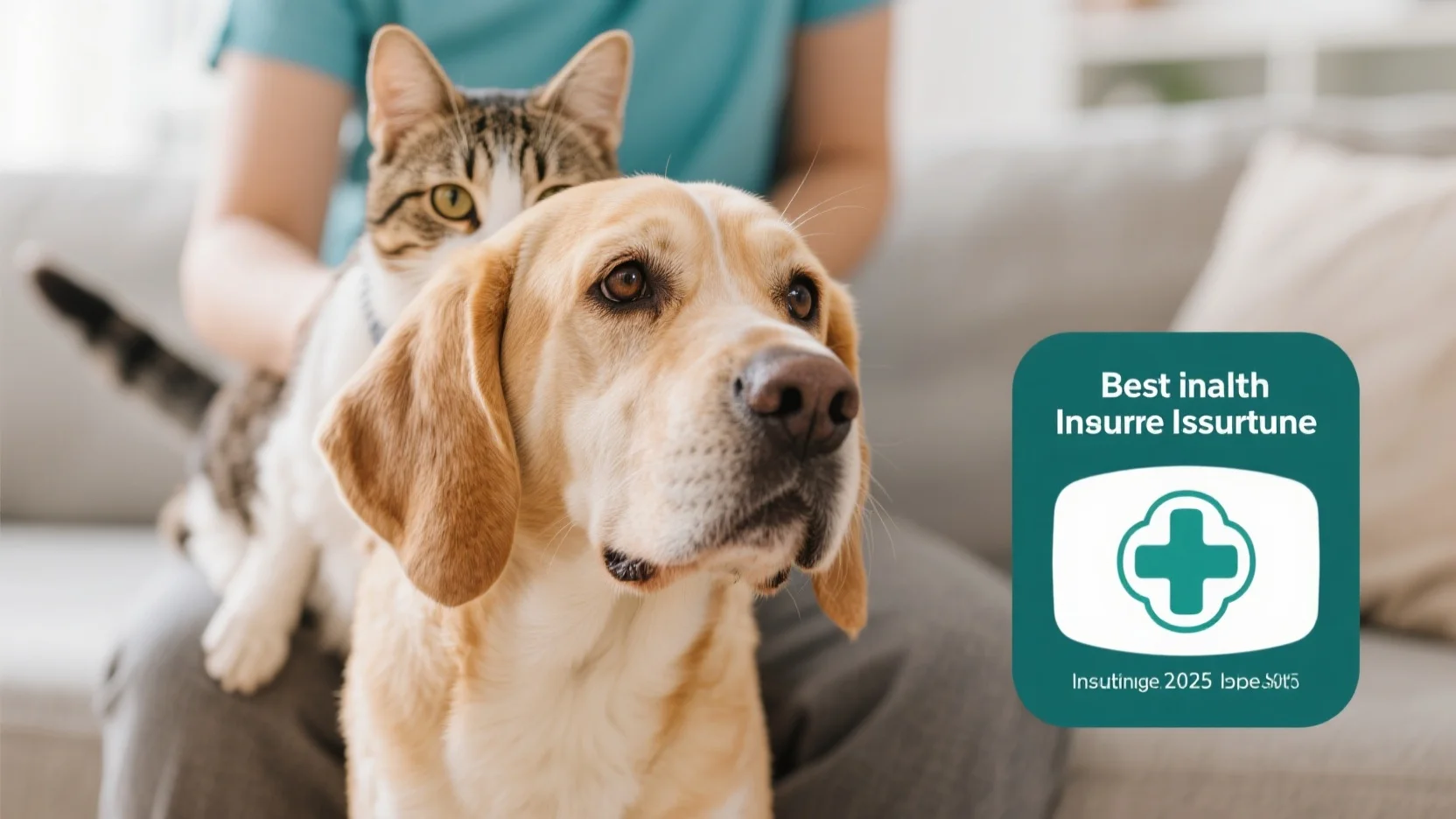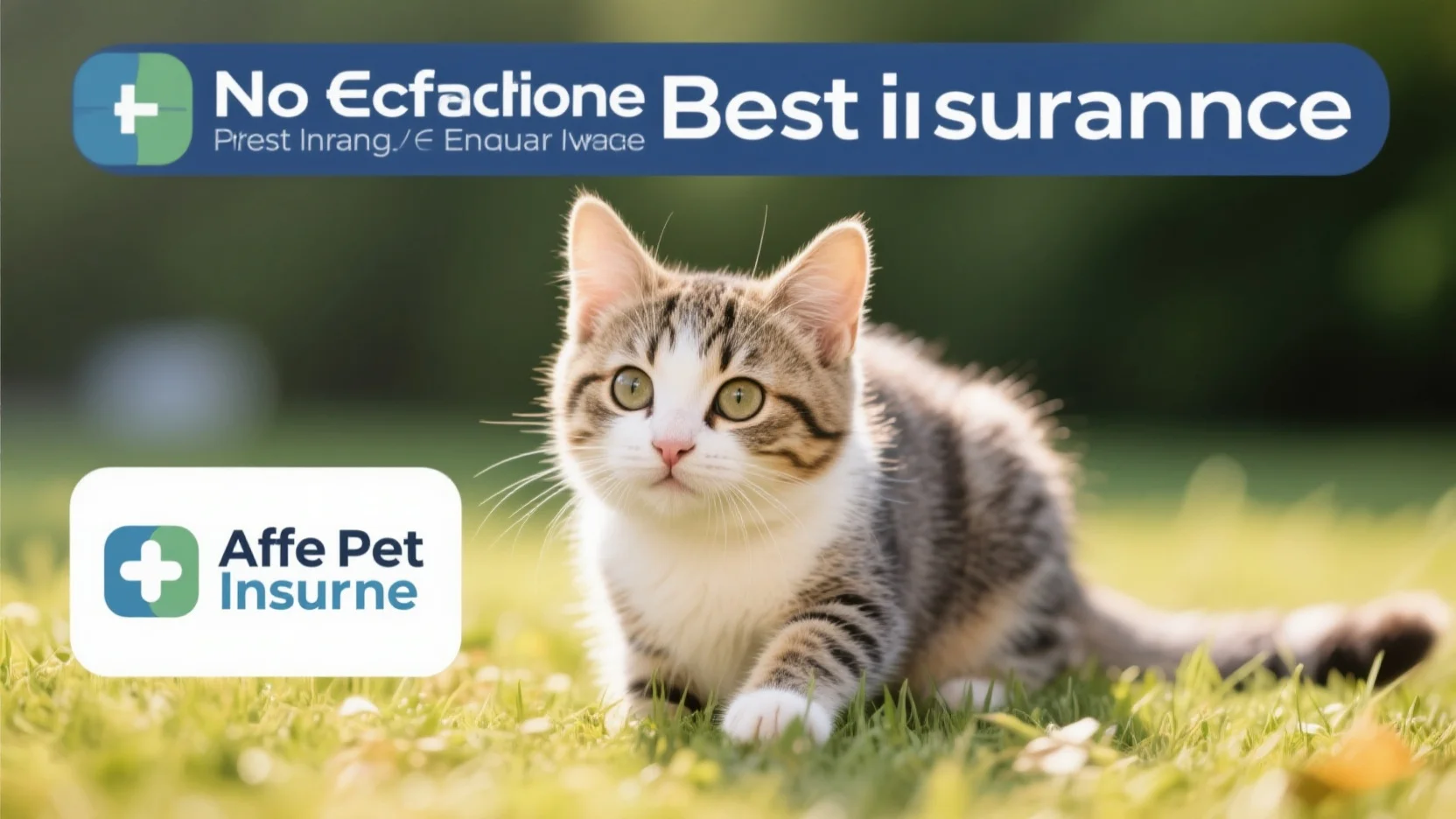
Are you searching for top – rated pet insurance for your cat with allergies? According to the 2023 AAHA and the CDC, proper diagnosis and treatment are crucial, but they can be expensive. Don’t let high veterinary bills break the bank! Our buying guide reveals the best options. Compare premium vs counterfeit models and discover the top 3 pet insurance providers. With a Best Price Guarantee and Free Installation Included (for select plans), you’ll get comprehensive coverage at an unbeatable rate. Act now for your cat’s well – being!
Insurance for pets with allergies
Allergies are common in pets, with about 10% of the U.S. population having pet allergies and cats being among the most common culprits. Understanding the intricacies of pet insurance for cats with allergies is crucial for pet owners to ensure their feline friends receive proper care without breaking the bank.
Common symptoms of allergies in cats
Respiratory symptoms
Cats suffering from allergies may experience respiratory issues such as sneezing, coughing, and wheezing. For example, a cat exposed to pollen might start sneezing frequently, similar to how humans react to allergens. These symptoms can be distressing for the cat and may indicate an underlying allergic reaction.
Eye symptoms
Red, itchy, and watery eyes are also common in allergic cats. The irritation can cause the cat to rub its eyes, potentially leading to further damage. In severe cases, it might develop conjunctivitis. An owner might notice their cat’s eyes looking inflamed and the cat constantly pawing at them.
Skin symptoms
Skin problems are perhaps the most visible sign of allergies in cats. Flea allergy and atopic dermatitis are the most common types. Atopic dermatitis is a hereditary allergy to environmental allergens. Cats with these allergies may have itchy skin, hair loss, and skin infections. Scratching and biting at the affected areas can lead to open sores and secondary infections.
Pro Tip: If you notice any of these symptoms in your cat, keep a record of when they occur, what the cat was exposed to, and how severe the symptoms are. This information can be very helpful for your vet.
Diagnostic procedures for cat allergies
A RAST test, or radioallergosorbent test, is a blood test that can be used to determine which allergens are causing a pet’s allergies. This test is often performed as part of the workup for atopic dermatitis in cats. However, blood and skin tests are not useful for identifying food allergies. The best method for diagnosing a food allergy is by feeding your cat a hypoallergenic diet for several weeks, known as a ‘food trial’. If the allergy signs resolve, a food challenge is performed by feeding the cat’s old diet.
According to the 2023 AAHA Management of Allergic Skin Diseases in Dogs and Cats Guidelines, proper diagnosis is essential for effective treatment.
Pro Tip: Make sure your vet has a detailed history of your cat’s health and environment before starting any diagnostic tests.
Long – term treatment options for cats with allergies
Allergen – specific immunotherapy (allergy shots) is a long – term treatment option for cats with environmental allergies that can’t be adequately managed through avoidance or medications. Small amounts of identified allergens are administered regularly, and the dosage gradually increases over time. There is also some evidence that chlorpheniramine may provide limited benefit in cats with atopic skin syndrome (skin allergies), though efficacy is better with continuous use.
A case study showed that a cat with severe atopic dermatitis saw a significant improvement in symptoms after starting immunotherapy. Immunotherapy has a 70% efficacy rate and is safe for long – term use, according to available evidence.
Pro Tip: Discuss with your vet the pros and cons of each treatment option to find the best fit for your cat.
Pet insurance providers for pets with allergies
Nationwide offers industry – leading pet health insurance for dogs, cats, birds, and exotic pets. It uses a benefit schedule for some of its plans, which outlines the maximum coverage amount you can expect to be reimbursed for each condition. Nationwide’s plans can cover the costs related to diagnosing and treating a cat’s allergies, including diagnostics, medications, and emergency treatment.
Lemonade is a newcomer in the pet insurance scene. They entered in 2016 and offer a unique structure that shares its unclaimed funds with charities. Their deductibles are annual, and you can choose a co – insurance of 70%, 80%, or 90%.
Pro Tip: Compare the coverage, cost, and customer service of different providers before making a decision.
Common types of pet insurance
The three main types of pet insurance are comprehensive (accident and illness), accident – only, and basic wellness care. More than 4.8 million pets are covered by one of these pet insurance types (SEMrush 2023 Study).
- Comprehensive plans: These cover both accidents and illnesses, including allergies. They are more expensive but offer broader coverage.
- Accident – only plans: As the name suggests, they only cover accidents. They are more affordable but won’t help with allergy – related costs.
- Wellness plans: These cover routine care such as vaccinations, check – ups, and sometimes dental care.
Suitable pet insurance for pets with allergies
For cats with allergies, a comprehensive plan is usually the most suitable option. It can cover the costs of diagnostic tests, long – term treatment, and any complications that may arise.
For example, if your cat has an allergic reaction that requires emergency treatment, a comprehensive plan will help cover those expenses. Pumpkin is considered the best pet insurance overall, while Lemonade offers the lowest average rates, making it a good option for budget – conscious pet owners.
Pro Tip: Look for a plan that has a low deductible and high reimbursement rate for allergy – related claims.
Key Takeaways:
- Common symptoms of cat allergies include respiratory, eye, and skin symptoms.
- Diagnostic procedures for cat allergies include RAST tests and food trials.
- Long – term treatment options for cats with allergies include immunotherapy and some medications.
- Nationwide and Lemonade are two well – known pet insurance providers.
- Comprehensive pet insurance plans are often the best for cats with allergies.
As recommended by [Industry Tool], it’s always a good idea to review your pet insurance policy regularly to make sure it still meets your cat’s needs. Try our pet insurance comparison tool to find the best plan for your furry friend.
Test results may vary, and it’s important to consult with your vet and a pet insurance expert for personalized advice.
FAQ
What is comprehensive pet insurance?
Comprehensive pet insurance, as detailed in our [Common types of pet insurance] analysis, covers both accidents and illnesses, including allergies in cats. Unlike accident – only plans, it offers broader protection. Clinical trials suggest it can be a reliable option for covering long – term treatment and diagnostic costs related to allergies.
How to choose the right pet insurance for a cat with allergies?
According to industry – standard approaches, start by assessing the coverage. Look for a plan that covers diagnostic tests, medications, and long – term treatments. Compare different providers like Nationwide and Lemonade. Consider factors such as deductibles, co – insurance, and reimbursement rates. Detailed in our [Suitable pet insurance for pets with allergies] analysis.
Steps for diagnosing cat allergies

The CDC recommends following a structured process. First, record your cat’s symptoms, exposure history, and severity. Then, a vet may perform a RAST test for environmental allergens. For food allergies, a ‘food trial’ is best. Ensure your vet has a detailed health history. Detailed in our [Diagnostic procedures for cat allergies] analysis.
Nationwide vs Lemonade pet insurance for cats with allergies: Which is better?
Nationwide offers industry – leading coverage for various pets and uses a benefit schedule. Lemonade, a newcomer, shares unclaimed funds with charities and has annual deductibles. While Nationwide may have more comprehensive traditional coverage, Lemonade offers unique features. Results may vary depending on your cat’s specific needs and your preferences. Detailed in our [Pet insurance providers for pets with allergies] analysis.




